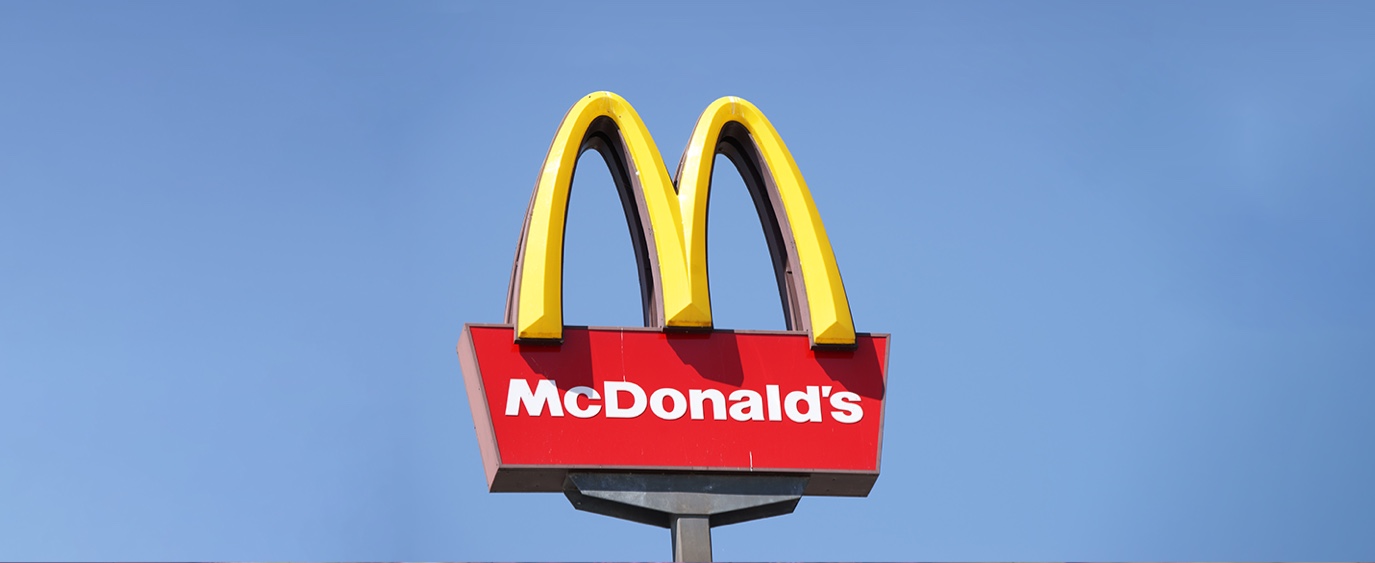Oct 1, 2019
Let the Burger Wars Begin!
Mickey Ds will sell Beyond Meat patties, joining other chains offering vegan alternatives.

The great battle of the burger is on!
Last week, McDonald’s announced it will sell Beyond Meat patties as a “PLT” sandwich in 28 locations in Canada.
The Golden Arches is the latest food chain hoping to tap a new consumer frenzy for plant-based products that look, and in some cases “bleed,” like real meat.
In August, Burger King announced it will start selling Impossible Whoppers, from Beyond Meat competitor Impossible Burger. A slew of other fast-food chains have already begun offering plant-based burgers, including Carl’s Junior, Bareburger, and White Castle. Even IKEA, the Scandinavian-inspired design store, is planning to offer an “Impossible Meatballs,” as an alternative to its famous in-store Swedish meatballs made from meat.
While the products these chains are serving are produced primarily by competitors Impossible Meat and Beyond Burger, many other food manufacturers are developing their own alternative meat products.
Here’s a quick look at the growing alternative meat market.
What are alternative meat burgers, anyway?
They’re different from the veggie burgers made from beans and tofu and other widely available vegetable products, which have been around for a long time and are aimed at vegetarians. The current generation of products are meant to mimic the taste and texture of meat. And they are created with meat-eaters in mind. Impossible Burger’s patties famously “bleed,” thanks to a yeast protein called heme.
Attracting new consumers
Fast food companies aren’t just interested in providing healthier alternatives to meat for their customers. Many of the traditional burger chains have experienced declining sales growth as they’ve fought to keep their traditional customer base, mostly by slashing prices.
By offering alternative meat products, they may have an opportunity to attract a new customer base willing to pay more for an alternative burger.
About the meat substitute market
Beyond Meat and Impossible Foods are part of a small but growing number of meat substitute companies, competing increasingly with big meat manufacturers who are producing their own alternative products. For example:
- Tyson Foods recently launched a plant-based meat alternative called Raised and Rooted. It also invested in a plant-based seafood alternative called New Wave.
- Kellogg Co. has launched a line of vegan products called Incogmeato. It also produces veggie burgers and other meat-free options through its Morningstar Farm division.
- In 2017, Nestle purchased vegan burger company Sweet Earth, which produces the Awesome Burger.
- Hormel Foods is exploring vegan pizza toppings that mimic meat.
- Jensen Meat Co. acquired alternative turkey, chicken, and breakfast patty maker Before the Butcher in June, 2019.
Additionally, Europe has a growing alternative meat market of its own, with a company called Moving Mountains, called the Impossible Burger of Europe. Moving Mountains recently formed a partnership to sell its burgers at Hard Rock Cafes in Europe.
Sales of plant-based meat alternatives increased 22% to $1.5 billion in 2018, according to reports. And in the next ten years, the plant-based food market is expected to grow to $140 billion.
But it’s still a fraction of the worldwide market for meat products, valued at $1.4 trillion.
According to a recent Gallup poll, 5% of Americans identify as vegetarians, and 3% are vegans. But nearly 40% say the want to eat more plant-based foods, according to consumer research company Nielsen.
Many consumers, vegan or otherwise, are also interested in environmentally-friendly food options, out of concern about the meat industry’s impact on the environment and its contribution to global warming.











